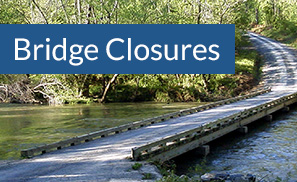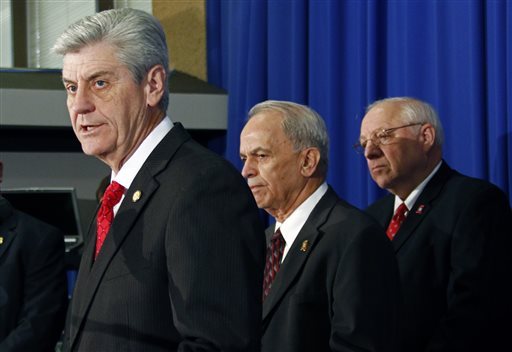

JACKSON, Mississippi (AP) — Republican Gov. Phil Bryant said Thursday that “the public is smarter than most people might believe” and it’s wrong for people to suggest Mississippi voters might be confused by having two education funding proposals on November’s ballot.
“I think one of the things that is condescending is the idea that the voting public cannot select between two different choices,” Bryant said. “I think they often make selections between any number of choices for people who are running for public office. So, I think the general public is going to be able to look at both of them and decide which one they like the most.”
More than 116,000 people signed petitions to put Initiative 42 on the ballot. The proposed constitutional amendment would require Mississippi to fund an “adequate and efficient system of free public schools.” If legislators fail to provide that, people could ask a chancery judge to order the state to provide the money.
Bryant said that as a private citizen, he will vote for the legislative alternative, a proposed amendment that would require funding of an “effective system of free public schools.” He said he doesn’t want a judge involved in state budget decisions.
“I’ve always had an issue with the separation-of-powers clause because I think the Founding Fathers put it both in the federal and state constitutions for a purpose,” Bryant said.
A group called Better Schools, Better Jobs organized the petition for Initiative 42 in response to years of state education spending falling short of what’s required by the a budget formula called the Mississippi Adequate Education Program. The program has been fully funded only twice since it was put into law in 1997. It’s designed to give schools enough money to meet midlevel academic standards. Educators say it has been shortchanged by $1.5 billion over the past seven years.
This is the first time legislators have exercised their option to put an alternative to a citizen-led initiative on the same ballot. The votes for the alternative House Concurrent Resolution 9 were split along party lines in both chambers, with Republicans in support of it. The House and Senate both have Republican majorities.
During a debate Wednesday, Democratic Sen. David Blount of Jackson said putting an alternative on the ballot could lead to confusion and cause both to fail.
“There is a question of whether this is deliberately meant to split the vote,” Blount said.
For either the initiative or the alternative to pass, it would need a majority of people voting on that question. The majority would need to equal at least 40 percent of the votes cast in that general election. Typically, there’s a decrease in votes from top-of-ballot races such as governor and bottom-of-ballot questions such as initiatives.



